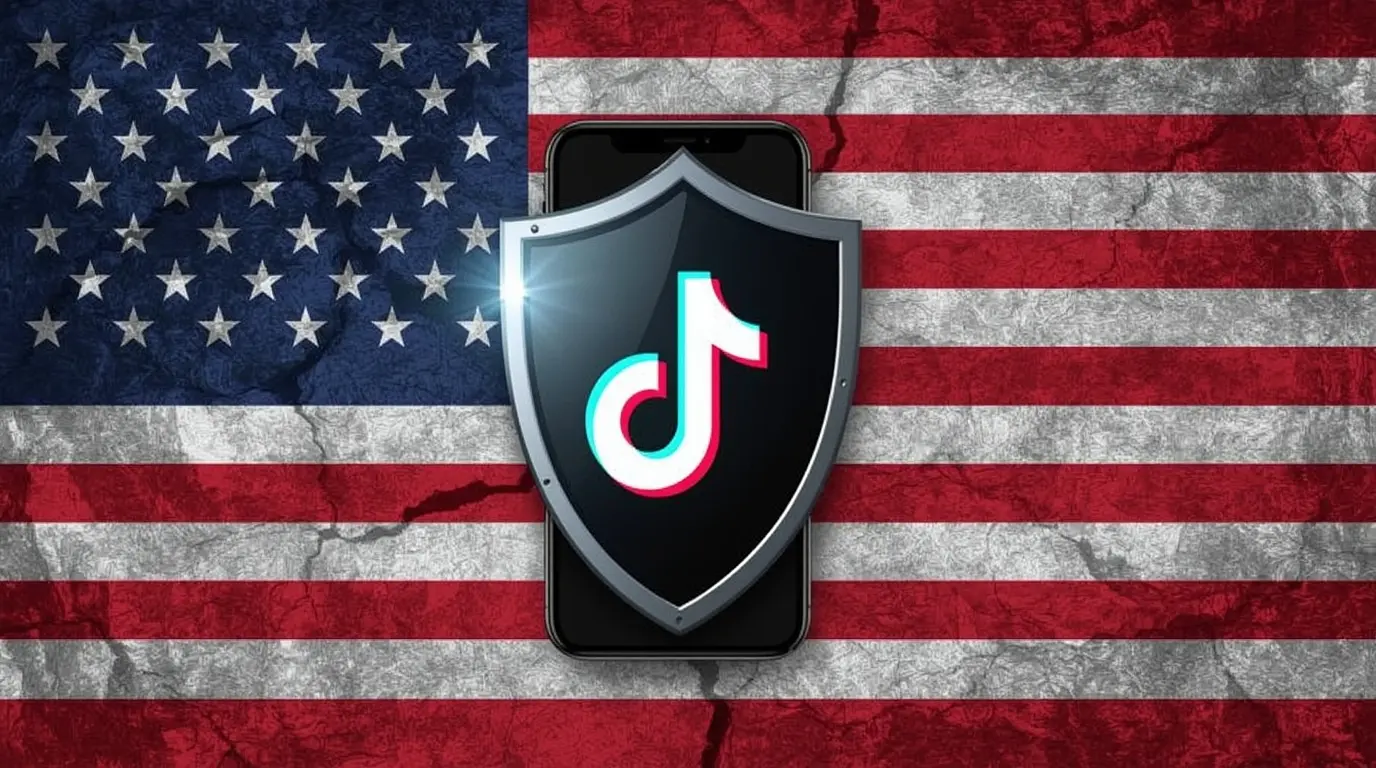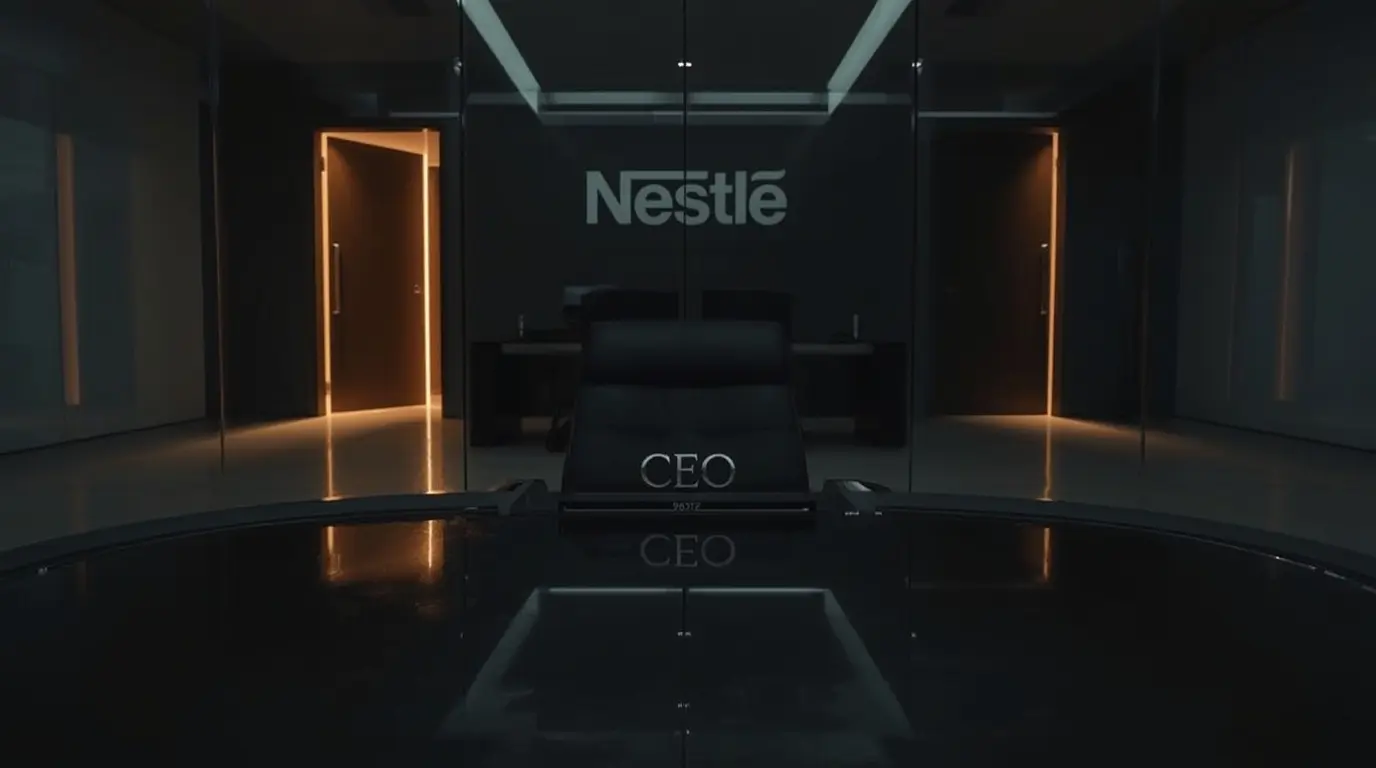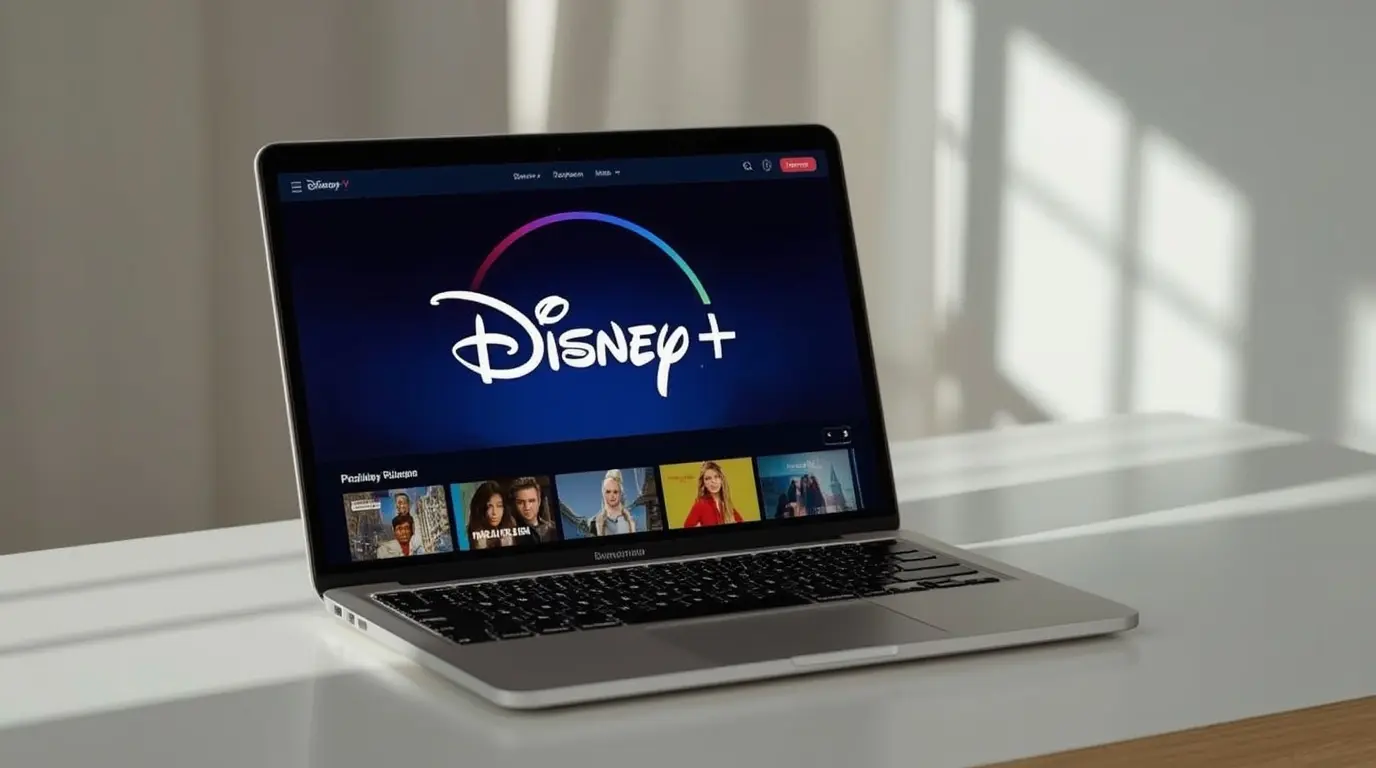Following through with the solutions on the matters of national security for the last few years is a bold step for the white house considering the fact that more or less the use of the app has become a Madison Avenue for Diplomacy. TikTok deal is the epitome of the debate on app ownership in the US since it is the main point of conflict for the US-China relations for the last few years. As per the law passed by the Congress in 2024, the TikTok ban has paved the way for the Protecting Americans from Foreign Adversary Controlled Applications Act, which is aimed at safeguarding the constitution from a foreign contender.
After considering the devastating impact this ban would have, President Trump has signed an executive order that Tik Tok restructures it’s operations on the US with it’s ownership rest with the China Based parent company, ByteDance. This tailored arrangement mitigates an economic loss for the US as 172 miliion citizens would have suffered devastating impact sans the use of this aplicación.
The primary focus of the deal concerning TikTok is the creation of a joint venture within the US. This new venture will manage the domestic operations of the app. TikTok is claimed to be worth over 14 billion dollars within the US market. This setup guarantees that the app is controlled and predominantly owned by U.S. nationals. This was a critical need in addressing the concerns previously outlined by intelligence agencies. The new entity’s shareholding is meticulously crafted to comply with the legal requirements, with the rest owned by a group of US investors and ByteDance’s stake reduced to less than 20%.
The Anatomy of the TikTok Deal: Who Owns It? It is in Control?
The White House has released a more detailed, still broad, ‘framework’ for the TikTok deal which changes app governance and operational control mid deal. The new joint venture will be based in the U.S. and is expected to be run by a board of directors who possess significant national security and cybersecurity experience. Of the seven board members, six will be Americans, thereby weakening ByteDance’s control over strategic governance decisions. Moreover, ByteDance will be entirely excluded from the security committee of the new joint venture, which suggests that there will be a strong firewall in place regarding data security and content moderation policies.
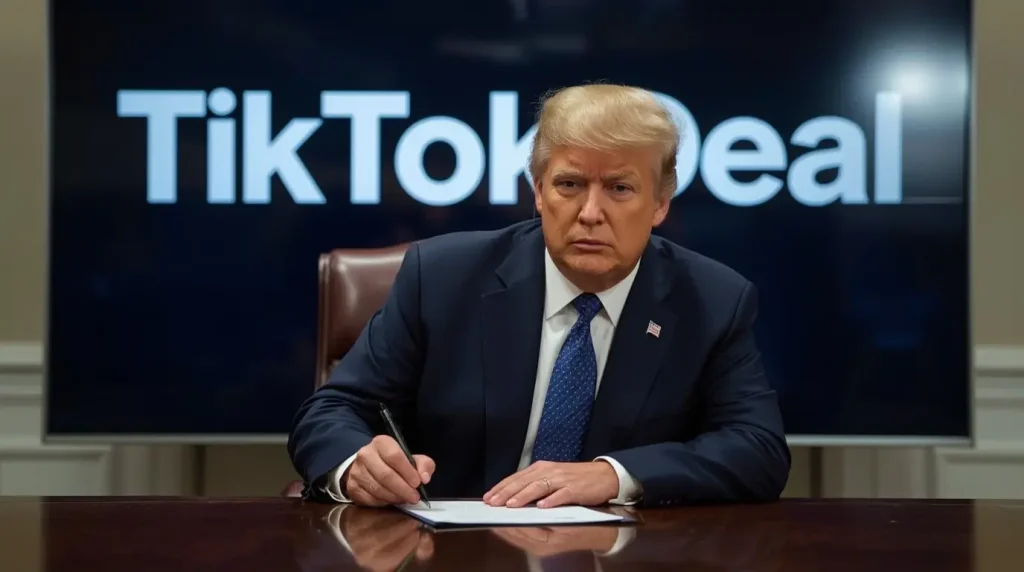
This TikTok deal is backed by a consortium of investors, featuring some of the most prominent names in American technology and investment. Leading the consortium, Oracle chairman Larry Ellison and Dell Technologies CEO Michael Dell. Other key players in the deal include private equity Silver Lake and Venture Capital firm Andreessen Horowitz. Murdoch-owned Fox Corp. is also in discussions to provide support, signaling the strong interest from the media industry in the platform’s prospects. This consortium is structured in a way that ensures no single participant has the ability to exercise dominative control, as the deal aims to provide balanced governance over the platform.
Protecting the TikTok deal’s Selling Point: The Shield of Most American’s Security Interests.
The first TikTok deal action by Congress, the ‘driver’ of the deal, is also the easiest to identify: national security. Resolving the concern of the Chinese government accessing private American data, U.S. officials, regardless of party affiliation, worried for the data isolated from American phones and the influence the app-controlled algorithm could wield. The TikTok deal enforcement responds to these concerns with a set of security measures.
Retraining and Algorithmic Control: A pivotal element of the TikTok deal is the shift of operational control over the core content recommendation algorithm to the new American entity TikTok has partnered with. The U.S. entity is to receive a copy of the algorithm which will then be ‘fully inspected,’ ‘retrained’ on U.S. user data, and closely audited by selected trusted security partners. This is to ensure that content recommendations for domestic users is not subjected to inappropriate foreign control by adversarial entities.
Oracle and Data Sovereignty: To mitigate the risk of sensitive U.S. user data being stored or accessed from China, the TikTok deal stipulates that all sensitive American user data will be stored exclusively with the Oracle cloud, purposefully built, and secured within the United States. Oracle, which has an existing cloud partnership with TikTok, has been formally designated the security provider for the new entity. His responsibilities will extend to the monitoring of software updates, algorithms, and data flows to ensure ‘top-to-bottom security.’
Ongoing Monitoring and Compliance: The framework agreement has put in place a ensures every aspect of the platform’s operation is reviewed on a regular basis. Oracle and its trusted partners will be overseeing the Operations of the Platform and control system shadowing. The Attorney General gets the U.S. side of the agreement and then passes the info to the joint venture and its security partners for compliance verification.
Economic Impact and User Experience
The TikTok deal is expected to have a huge positive impact economically, and this is a key point that the Trump administration has focused on apart from security concerns. TikTok continues to be a source of income for millions of American users and businesses, at least as a secondary source. TikTok is expected to generate an unbelievable $178 billion worth of economic activity in the US over the four years and sustain tens of thousands of American jobs. For the content creators, small businesses that use the app as a means of income and advertising, and 170 million users from America, this deal provides much needed continuity.
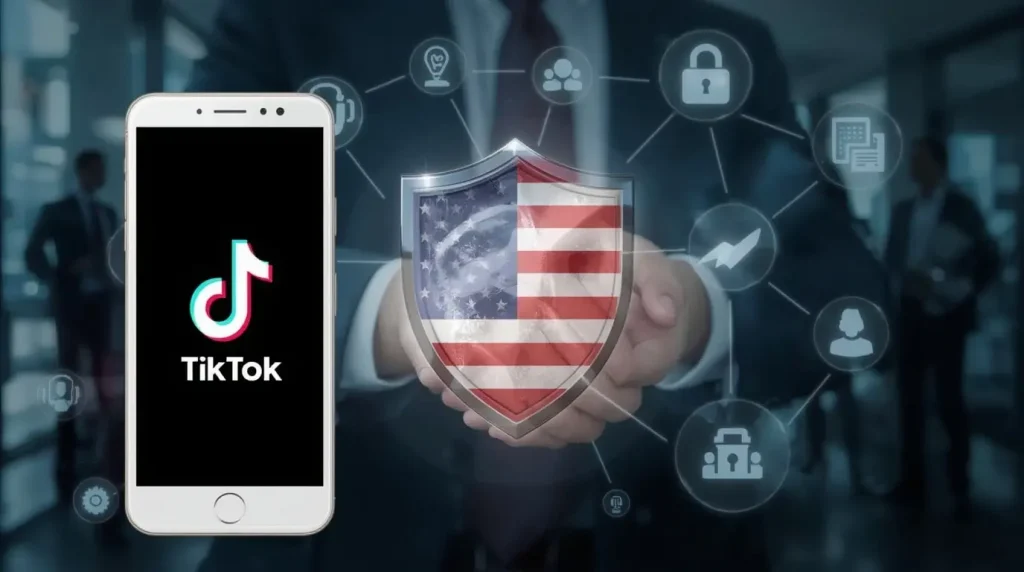
Users are promised a ‘safely enjoy[able] global TikTok experience’ without the need for a compulsive app download at least for the first few days. The intent is to have a smooth transition as users will still have access to global content with the added benefit that their data is completely safe and protected in the US.
What the TikTok deal entails is anyone’s guess, but looking at the confident announcements made, there are still a lot of questions to be answered. There are still major challenges that have to be overcome and a lot of details that are still missing with a TikTok deal.
Technical Complexities: It is technically challenging to design a TikTok app that is licensed to a global video library and an algorithm and still closely parallel to the app that is controlled and used by the U.S. ‘The walling off’ of U.S. user data, while ByteDance still supports the algorithm and provides videos to the international version of the app, is an insurmountable problem. It is still unclear what the terms of the algorithm license are, especially if their duration is perpetual, raising concerns about operational independence in the long run.
Approval from China: One of the biggest questions is if the Chinese government will grant the transaction its final approval. The TikTok deal, like many others, will likely continue to circulate in trade discussions between the U.S. and China, and how Beijing tackles the issue will not make the end result easier. One of the most difficult facts in international diplomacy, the entire structure may depend on this.
Skepticism within the Congress: Some Congress members who wrote the 2024 law remain doubtful as to whether the TikTok deal aligns with the law’s intent, specifically with the cooperation prohibition with ByteDance. Republican Congressman John Moolenaar and others are worried the license agreement “could allow continued [Chinese] control or influence” through the algorithm. It remains to be seen whether Congress will simply accept the deal or try to dispute it; that is a question that is still unresolved.
The Birth of a New Policy
This TikTok deal, as approved by President Trump, is a bifurcated event in technology, national security, and international enterprise. This administration has described it as a signature accomplishment, in line with the President’s foreign policy and trade charge of “America First” This executive order tells the Attorney General not to impose the ban for 120 days to permit the divestiture to be completed. This opens a window for the final touches to be completed. As the deal moves from final agreement to implementation, the world is not going to take its eyes off it.
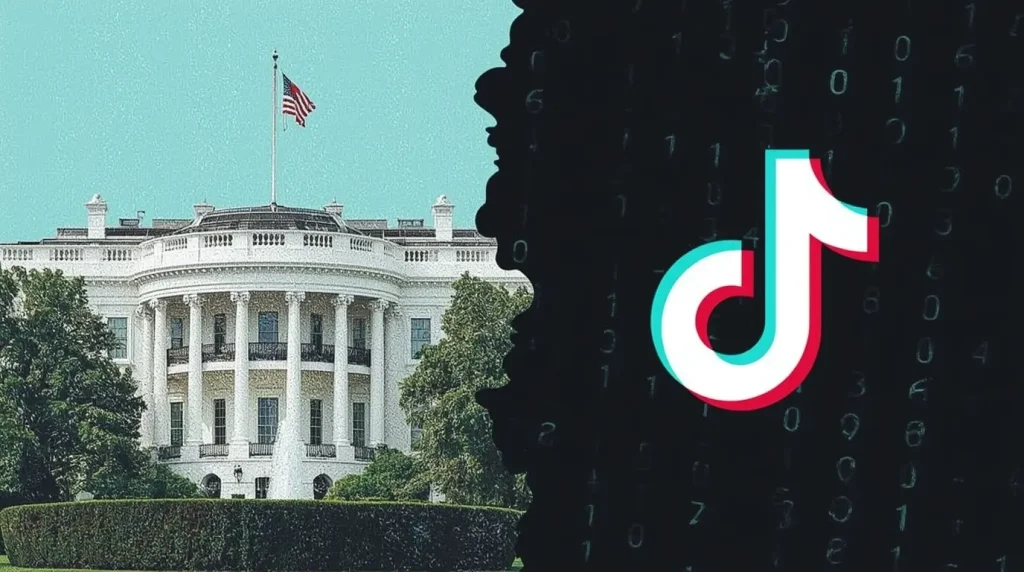
The Tiktok deal’s success and failure is not going to decide the fate of a TikTok; it will determine a precedent on how free world countries will deal with challenges in owning foreign technology. This novel TikTok deal upholding national security while enabling free digital innovation will surely be a part of President Trump’s legacies on national technology policies.
Source: https://edition.cnn.com/2025/09/25/tech/tiktok-executive-order-trump
For more news updates, visit our home page.

